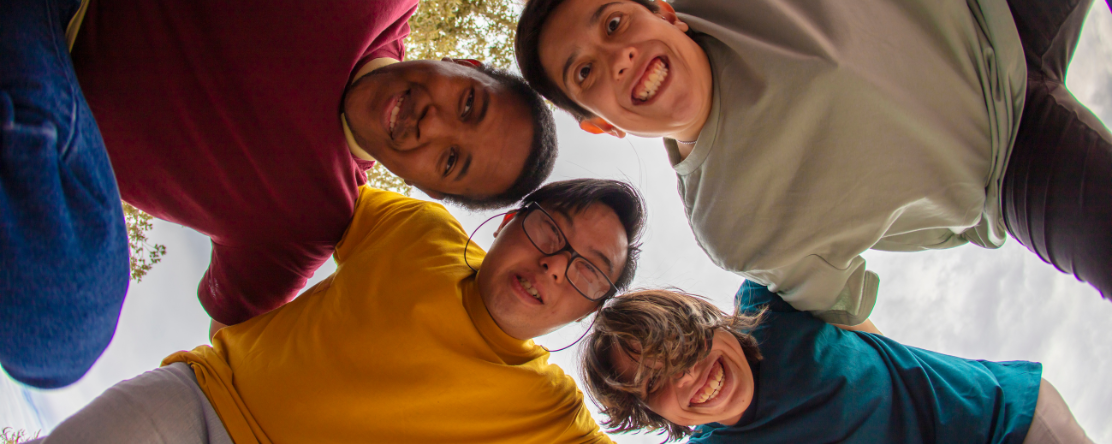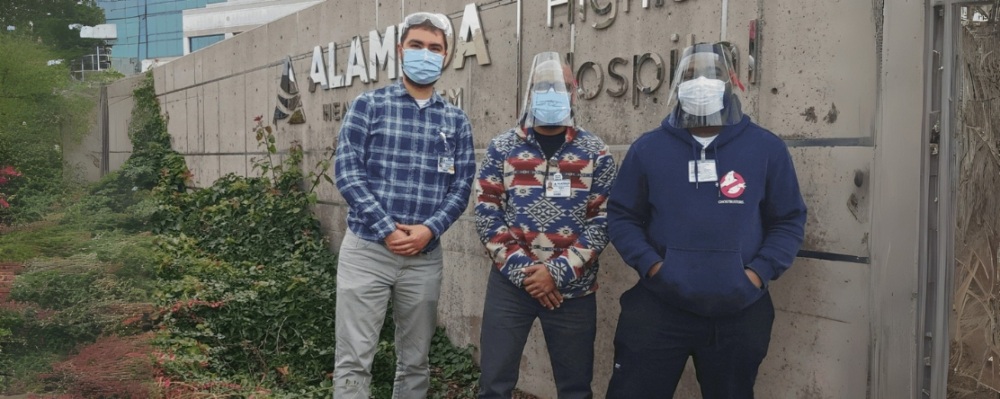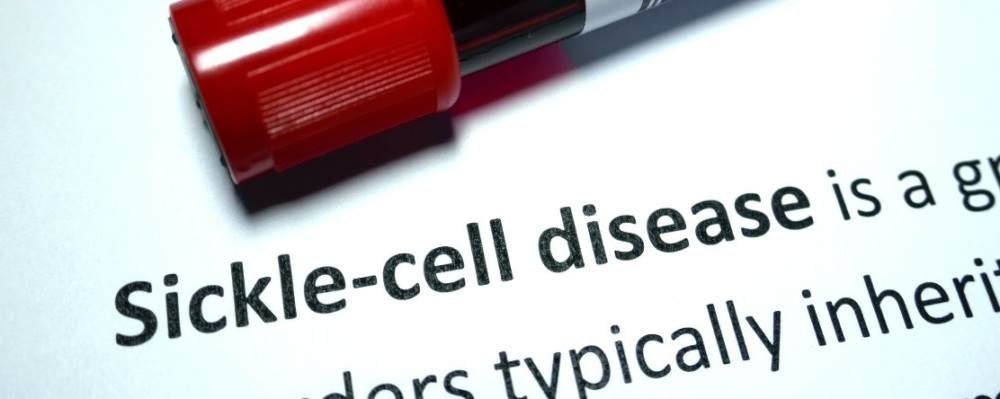
In the News
Study Aims to Improve Health Care Access for People with Disabilities
- The Guam Daily Post
-
Focus Areas
Disability Rights -
Expertise
Research – Surveillance -
Programs
Pacific ADA Center

“Everyone deserves access to health care, but many people with disabilities still face challenges in getting the care they need. According to the World Health Organization, one in six people around the world lives with a significant disability. In the U.S., that’s about 42.5 million people, with nearly half over age 75 – many managing multiple long-term health conditions.
Here in Guam, according to the Centers for Disease Control and Prevention’s Disability and Health Data System, 31% of adults aged 18 and older reported having at least one form of disability. This means that approximately 1 in 3 adults in Guam experience difficulties related to mobility, cognition, independent living, vision, hearing, or self-care.
The Americans with Disabilities Act, passed in 1990, guarantees equal access to health care. However, many people with disabilities still experience unfair treatment or obstacles, showing that more needs to be done. Addressing these barriers will empower health care workers to better reduce access barriers for people with disabilities and their caretakers.
UOG study aims to make a difference
The University of Guam’s Nursing Program at the Margaret Perez Hattori-Uchima School of Health is leading a five-year research study to learn how to improve health care access for people with disabilities in Guam and other areas in the western U.S., including Arizona, California, Hawaii, and Nevada. The five-year project, scheduled to conclude in 2026, is a sub-award from the Pacific ADA Center, a program of the Public Health Institute, and funded by the Department of Health and Human Services Administration for Community Living, NIDILRR-Disability and Rehabilitation Research Program Award #90DPAD0006.
The study was conducted in three phases:
In phase one, a survey tool was developed based on qualitative research, including a literature review, key informant interviews, and focus groups.
In phase two, the survey gathered answers from 757 people – including health care workers, people with disabilities, and their caregivers.
In phase three, the findings will inform the creation of community-based participatory research teams, which will guide the development of strategies and technical resources to reduce barriers and promote equitable care.
What the study found
The challenges vary depending on the group – health care workers, people with disabilities, and caregivers all see things differently. However, all agreed on a few key issues: communication problems, limited training for health care workers, and lack of resources.
In fact, only about one in three health care workers said they learned how to care for people with disabilities during their professional education. Health care workers consistently rated the availability of “facilitators” (e.g., assistive devices, policies, protocols) to improve access to health care. When rating how easy it is to access health care, neither health care workers nor people with disabilities gave a score higher than 2.77 out of 5 – a clear sign that there’s room for improvement.”
Click on the link below to read the full article.
Originally published by The Guam Daily Post
More Updates
Work With Us
You change the world. We do the rest. Explore fiscal sponsorship at PHI.
Support Us
Together, we can accelerate our response to public health’s most critical issues.
Find Employment
Begin your career at the Public Health Institute.



